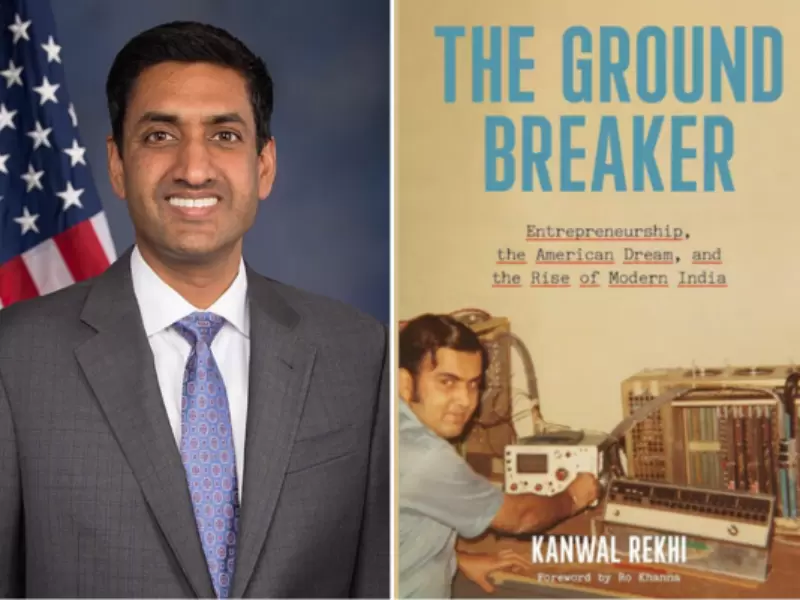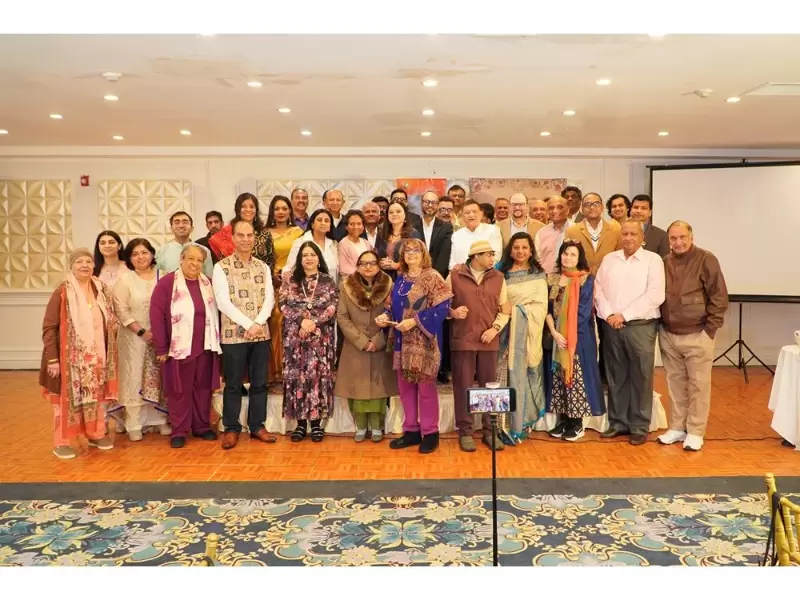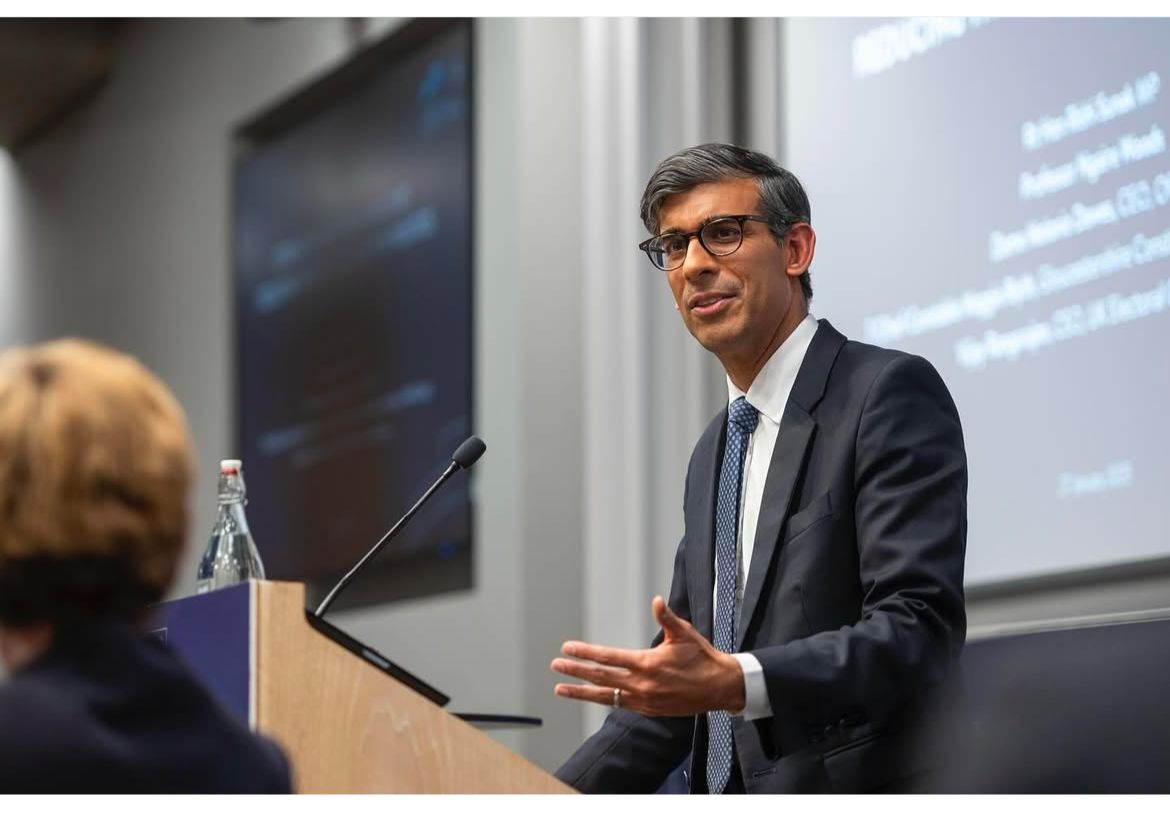ADVERTISEMENT
POP
See MoreCommunity
See MoreShivratri editors’ meet spotlights interfaith dialogue in NJ
The Edison luncheon brought media and community leaders together.
-
Hundreds of people dressed in traditional Indian attire welcomed CM Yogi with a tilak and heartfelt greetings.
-
The 20-bed facility provides transitional housing and support services year-round
-
The summit will be held from Sept. 3 to Sept. 5, 2027, and is expected to bring together Kannadigas from...
ADVERTISEMENT
Videos
View AllOpinion
See MorePeople
See More3 Indian Americans in New Voices STEM 2026 cohort
The program seeks to prepare future leaders to address complex national and global challenges.
-
Dodani became the first faculty member from UT Dallas to receive the honor.
-
Ghoshal most recently served as Experity president and COO.
-
He will take over leadership of the Orthopedic Center beginning July 1.
ADVERTISEMENT
Entertainment
See More-
Held at London’s Royal Festival Hall, Alia greeted the audience with a “Namaskar.”
-
The film by Lakshmipriya Devi first debuted in 2024 at the Toronto Film Festival.
-
. The actor had travelled to meet Arijit Singh to...
-
2026 promises to be the year of big screens and...
-
ADVERTISEMENT
Immigration
See More-
Prime Minister Mark Carney announced a half‑trillion‑dollar plan to upgrade Canada's military and defense‑related infrastructure over the coming decade.
-
The DOJ initially claimed that ICE had violated the judicial order and transferred Singh to New York but later backtracked.
-
Several lawmakers acknowledged that foreign-trained physicians form a significant part...
-
The proposed change—which will likely face legal challenges—is part of...
Food
See More-
The new CBS series features 16 top chefs competing for a $1 million prize in a prime-time culinary showdown.
-
Cultural and heritage platforms can function as cultural commons: shared ground where complexity is not a threat, and where the...
-
The Indian-American author and TV host discussed her show Taste the Nation and her new book at the university event.
-
Ambassadors Clubhouse adds a fresh destination to New York City’s...
-
Doosra reimagines classic South Asian flavours with bold American twists
-
The expansion is backed by a marketplace model linking Indian...
-
As the official country partner, India brings over 600 companies...
SPORTS NEWS
See MoreKotak confirmed that the batter will return to Chennai on...
England captain Harry Brook made history by becoming the first...
Ahead of the LSG logo change, Manchester Originals was rebranded...
India 214/10 in 48.3 overs (Smriti Mandhana 58, Harmanpreet Kaur...
News
See More-
ADVERTISEMENT
Please enter something
- Asian Americans
- Biz
- Books
- Canada
- Community
- Culture
- Dating
- Diplomacy
- Diwali
- Editor picks
- Editorial
- Explainers
- Fashion
- Features
- Food
- Immigration
- India
- India Decides '24
- India Independence Day
- Letters to the Editor
- Life
- Maha Kumbh
- Movies+
- News
- Opinion
- People
- Ram Mandir
- Reviews
- Rooted and Roaming
- Sports
- Spotlight
- Tech
- Travel n’ Diplomacy
- Trump 2.0
- UK Votes 2024
- US Elections 2024
- USA
- West Coast
















.png)













